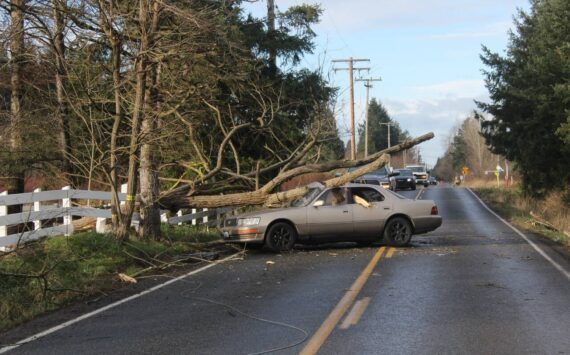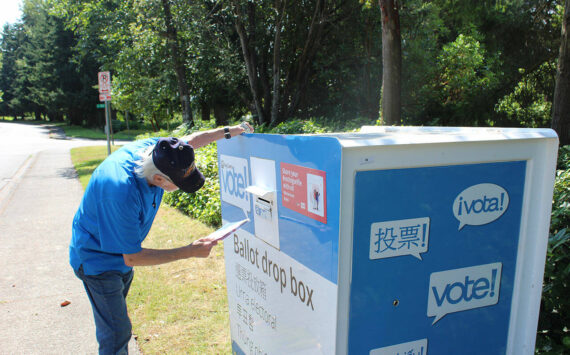The recession-battered job market has left many Washington young adults unable to land their first job, a critical milestone for effective transition to adulthood, says a new report from the Workforce Training and Education Coordinating Board. (Read full report at bottom of this story.)
The legislatively mandated report, “Wanted: Work Experience for Young Adults,” offers a detailed look at Washington’s young people aged 18-24 and identifies the importance of early work experience in shaping future success.
With over 75,000 young adults who are neither attending school nor working, Washington faces a potential cliff when the economy recovers. This generation of youth “will jostle with each succeeding graduating class to find their place in the economy,” and may find decreasing opportunity with each year that passes without a foothold in the labor force.
Early in 2010, when Washington’s unemployment rate was 10 percent for adults 25 to 64 years of age, the rate for young adults was more than 22 percent, the report states. Studies show young people who enter the labor market in a recession are at risk of not moving forward in their chosen careers, lowering their lifetime earnings and delaying milestones, such as buying a home, getting married and having children.
“Even during good times, young people struggle with significantly higher unemployment rates that can be double that of other workers,” noted Workforce Board Executive Director Eleni Papadakis. “The recent recession has only widened that gap, making it that much more difficult for youth to get the type of experience that builds positive work habits and focuses them on career planning.”
Other findings in the report include: the “disconnected” (not working, not attending school) population represents over 13 percent of the state’s young adult population; the greatest portion of this group (80 percent), have education that stops at high school; and young men are more likely than young women to be out of work and out of school.
The report highlights the importance of providing work experience through volunteer and community service opportunities, noting “work does not have to be paid to be valuable for youth.”




